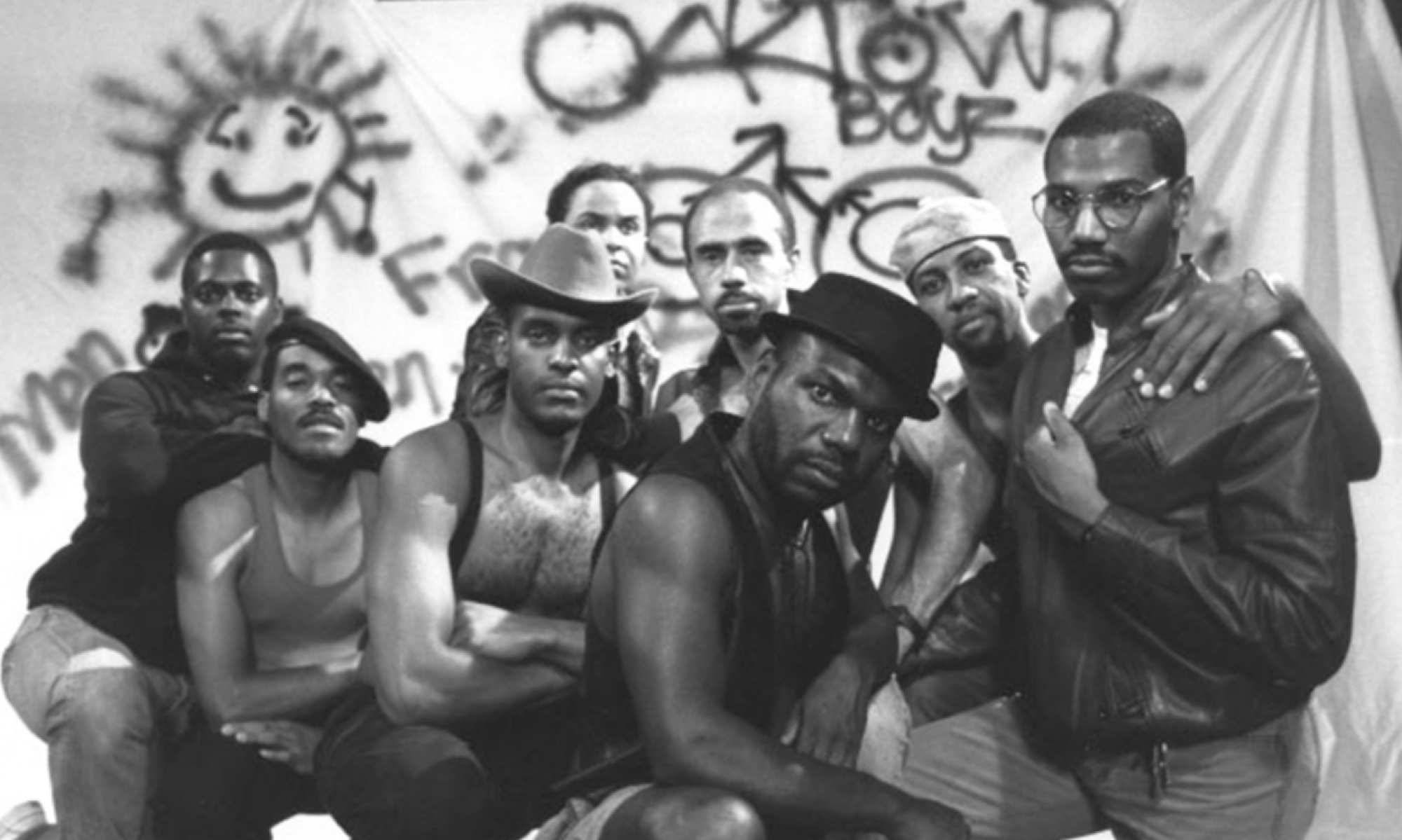Even if Dirty Computer never specifies the intricacies of sociopolitical identity in Janelle Monae’s created world, there is visually no question who holds and abuses power in an oppressive system. In “Pariah and Black Independent Cinema Today: A Roundtable Discussion” by Kara Keeling et al, the roundtable explores the portrayal of black queerness. Pariah addresses black queerness (and queer blackness) in a far more straightforward and realistic way. Neither method is more or less effective inherently, and oftentimes comparing media in an already underrepresented genre functions to impose unachievable expectations on any piece of media that endeavors to bring a new voice in. That said, using analysis of Pariah to examine Dirty Computer is, indeed, interesting. Jennifer DeClue says, “The visibility of black women attracted to one another in Pariah produces witnesses who see loving black lesbians who do not lose their blackness even though they may be threatened with losing their families”. We see this in Dirty Computer. The bond between Monae and Tessa Thompson feels tangible onscreen, even though neither one was explicitly out at the time of release. They aren’t threatened with losing their families in the traditional sense as explored in Pariah, but they are threatened with having their minds wiped and their personalities erased at the hands of an oppressive, totalitarian state.
Another common thread that we can apply to Dirty Computer is Pariah’s overarching religiosity. Religion is a primary antagonist in Pariah, because it is a primary antagonist in the real world. Religion has consistently been weaponized against marginalized identities. Dirty Computer has no recognizable religion, but the overtones are unmistakable. Towards the end of the film, Thompson’s character meets with a matriarchal figure called “Mother Victoria”, whose religious connotations cannot be missed. Mother Victoria also cuts her off immediately the second that she suggests she and Monae were in love. Mother Victoria shuts her down and Thompson chillingly obeys, “yes, Mother”. DeClue’s entry in the roundtable discussion also references the religious antagonism in Pariah and the representation of “pathological sexuality”. The “dirty” of “Dirty Computer”. In erasing Monae’s sexuality in the eyes of the church and state, one erases her entire being.
In Pariah and Dirty Computer, we see two very different stories of the intersection between queerness and blackness in a state where religious authoritarianism is rampant. In Monae’s dystopia, a religious institution tries to strip dissenters of their identities and repress any instinct that threatens their hierarchy, and it somehow doesn’t feel a whole lot different from the real world represented in Pariah.
